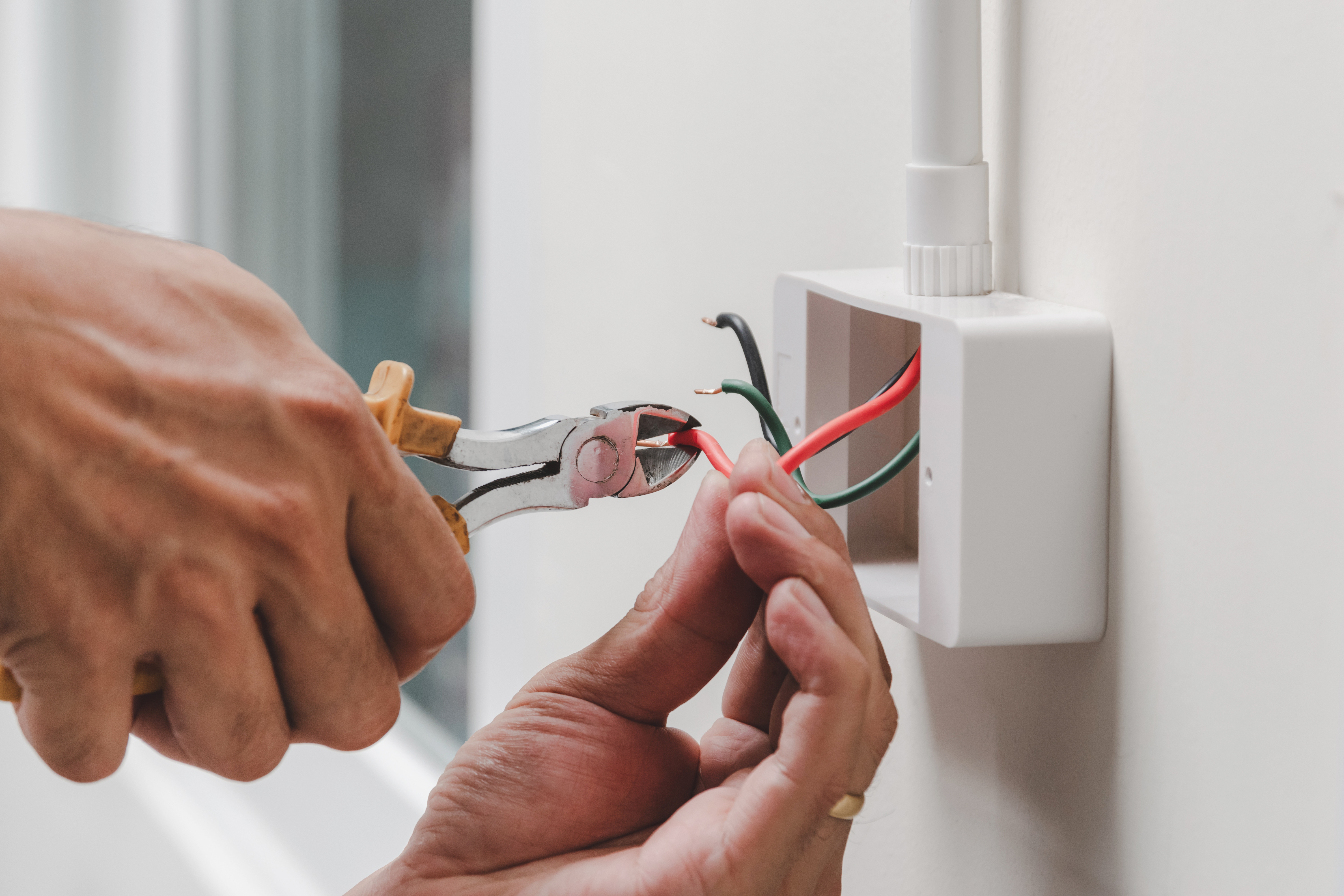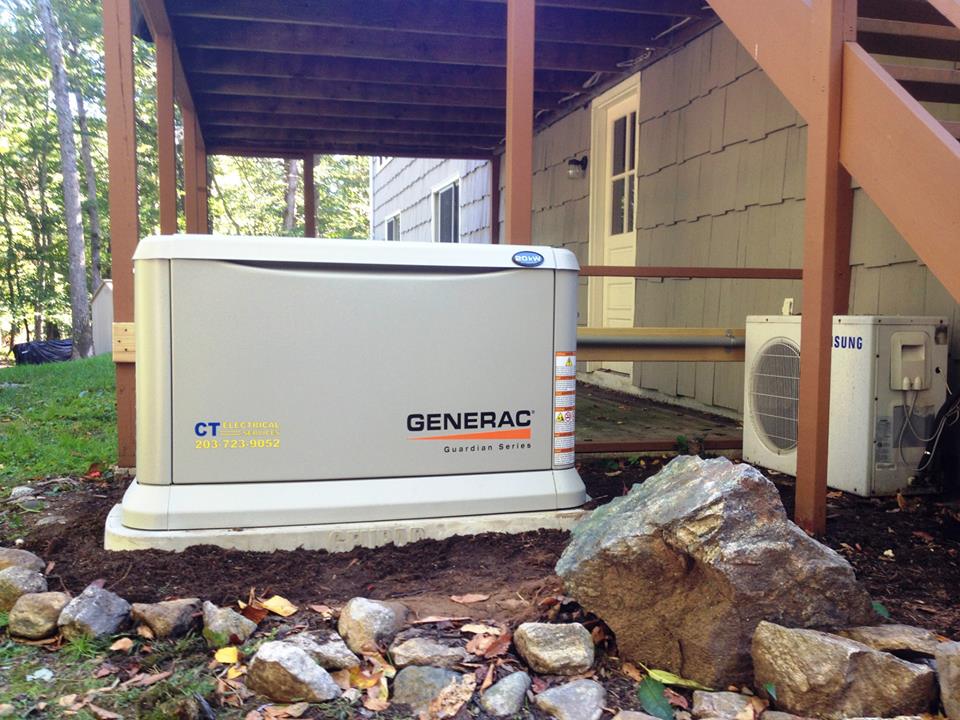
Budget for electric fence costs based on factors such as fence length, fence type, labor, permits, site prep, number of wires, accessibility, and more.
Hire a licensed electrician for most home electrical problems


The task is deciding whether to call a licensed electrician or your power company based on where the issue originates.
Utility-related issues like outages or downed lines go to the power company, and those calls usually have no charge to you.
Hiring an electrician improves safety, maintains code compliance, and helps prevent future problems through proper repairs and upgrades.
Avoid DIY beyond simple visual checks; incorrect work can lead to shocks, electrical fires, and additional damage.
In emergencies such as electrical fires, call 911 first, then an electrician for follow-up inspection and repairs.
This article was created using automation technology and thoroughly fact-checked and edited by HomeAdvisor Editor Ryan Noonan.
If you are unsure who to call for electrical problems, start with a licensed electrician for anything inside your home’s system. Electricians complete specialized training, earn a license, and follow local codes to protect your safety. For grid issues like outages or downed lines, contact your power company first. Limit DIY to visual checks only to avoid hazards.
Licensed electricians diagnose and repair home electrical systems safely and to code. Their training and experience lead to accurate troubleshooting and durable fixes that protect your home. While you pay for service, pros help prevent small issues from becoming hazards and can recommend targeted upgrades to reduce future problems.
Here are a few reasons to hire an electrician for your electrical concerns:
Pinpoints why breakers trip frequently and restores reliable circuit protection
Upgrades ungrounded or insufficient outlets to safer, modern solutions
Identifies and replaces hot, scorched, or burnt switches and outlets
Ensures proper ground fault protection in kitchens and bathrooms
Follows local electrical codes and regulations for compliant, long-lasting work
Uses safety gear and methods that minimize working hazards
Delivers consistent, detail-focused workmanship aligned with industry best practices
Recommends preventative measures and upgrades that reduce recurrence of problems
Provides compliant repairs that support system longevity and home safety
If you’re facing persistent electrical issues or complex repairs, you might want to consider an electrician near you to ensure the job is done safely and up to code.
The power company and electricians serve different roles. Knowing who handles what helps you resolve issues promptly and safely.
Contact your power company for grid-related problems, including power outages or downed lines. These calls usually do not cost you anything. If you are unsure about the source of the problem, the utility can offer basic troubleshooting tips and confirm whether you need to hire an electrician.
Hire an electrician for any problem within your home’s electrical system. The utility does not work on in-home wiring, circuits, or outlets, and electrician services are paid work. In case of emergencies like an electrical fire, call 911 first. Once the immediate danger is addressed, contact an electrician to inspect, repair, and ensure everything meets safety standards.
Electricians follow a clear process to find root causes and complete safe, code-compliant repairs:
Visual inspection to spot frayed wires, damaged outlets, and other clear signs of trouble
Diagnostic testing with electrical meters, grounding checks, and circuit breaker capacity tests
Root-cause identification and a plan for repairs or component replacement
Repair or replacement of faulty parts and code-compliant upgrades where needed
Safety and performance verification to reduce future issues and ensure the system meets standards
Electrical costs vary widely, depending on the type of repair or task. Electrician rates range from $50 to $130, with higher hourly rates reflecting more experience. Emergency calls can add to these hourly costs.
From average costs to expert advice, get all the answers you need to get your job done.

Budget for electric fence costs based on factors such as fence length, fence type, labor, permits, site prep, number of wires, accessibility, and more.

Budget for the cost to install a coax outlet based on factors such as the number of outlets, accessibility, labor, installation type, and more.

Estimate the cost to rewire a house based on the key factors. Our guide covers different wire types, permits, and ways to save on electrical system upgrades.

Unsure who to hire for a home renovation? Learn whether to call a general contractor, architect, or specialty pro, and get tips to choose.

Discover why a hot tub electrician is the best choice for safe hot tub electrical installation. See costs, steps, and pro options so you know who to call.

Who installs whole house generators? Hire a licensed generator installer or electrician. Learn the process, pro tips, and real installation costs